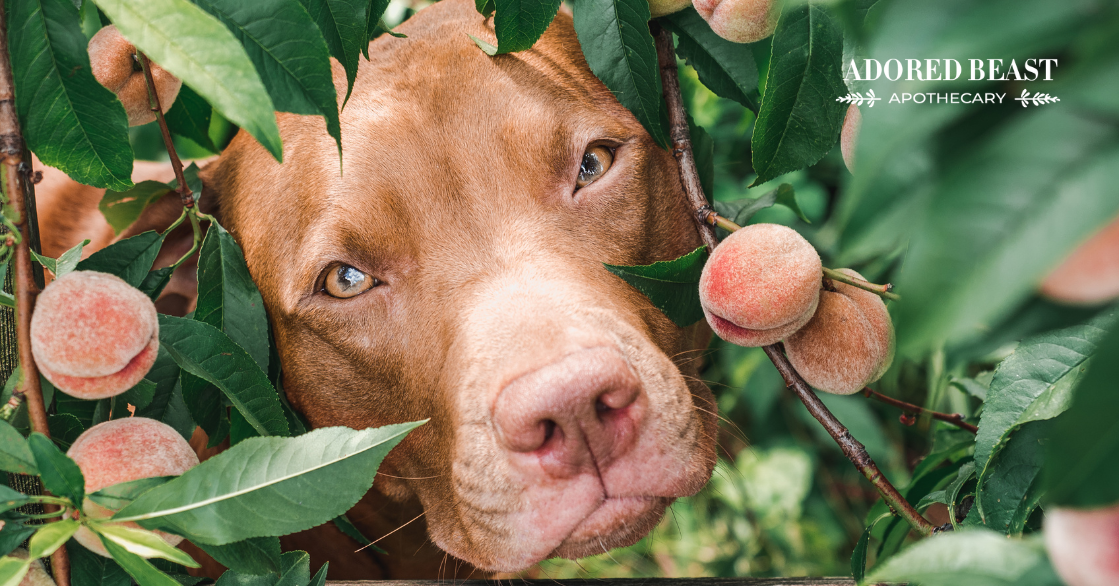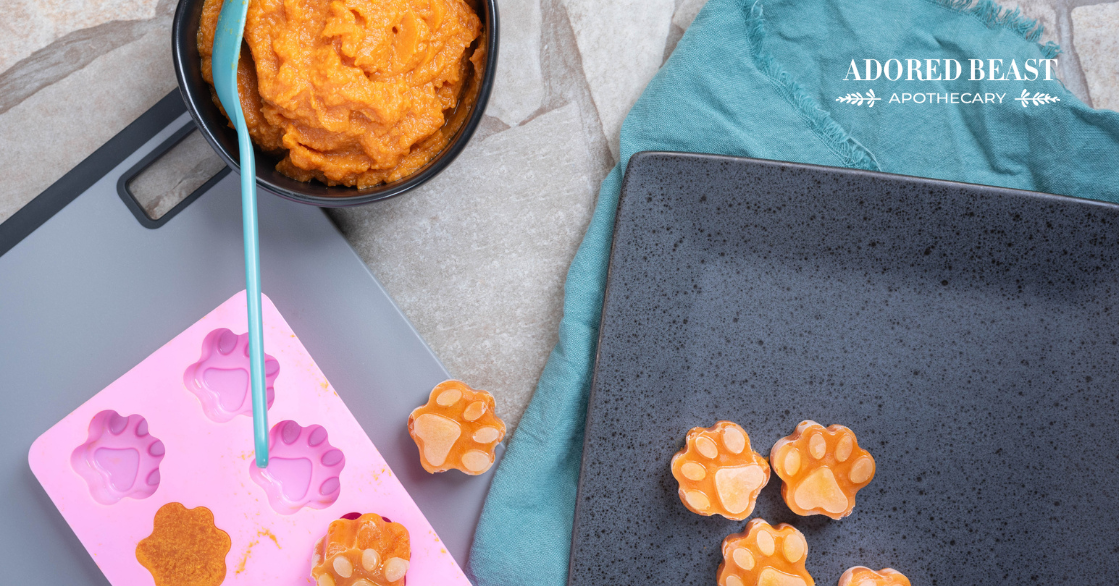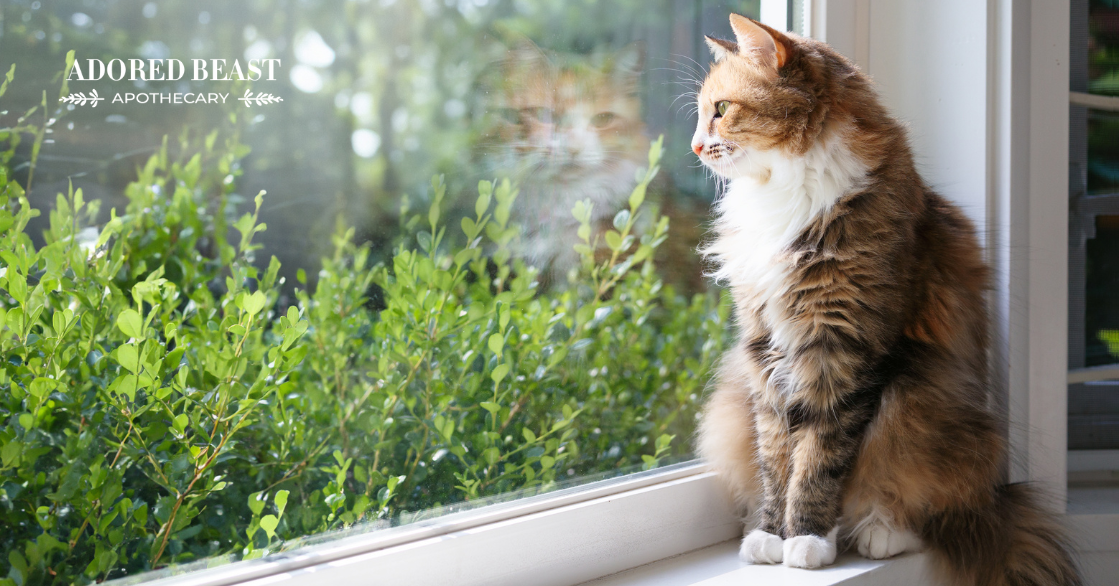Fact: Cats can be very, very picky.
Fact: If you try to give a cat something they don’t like, they won’t eat it.
Fact: Trying to give a cat supplements can sometimes be really, really tough.
If you’re a cat parent, none of these facts are news to you. And if your cat is picky, you’ve likely struggled to find a way to work healthy additions into your furry feline’s diet, perhaps without much success.
This is especially true if your kitty eats kibble, since there’s not much in the way of moisture to mix things in with.
In this post, we’re going to try and help you overcome this hurdle. There are many, many supplements out there that can help our cats thrive, we just need to get them IN them.
So, today we’re talking about how to give a cat supplements…
How to Give a Cat Supplements
We’ll be completely honest. We’re not fans of kibble, particularly for cats. The lack of moisture can be a real issue, and we know there it can be hard to find a high-quality kibble that meets your individual cat’s needs.
That said, if your cat eats kibble, you can still do a lot to bring up the health-factor! You just have to know how to do it.
So, want to know how to give a cat supplements? Let’s dive in!
1. Start small and slow. It’s a good idea to always follow the directions on the jar, but that doesn’t mean you have to go to the full recommended amount right away. For example, if your cat’s ideal daily amount of a given supplement is 1 tsp, work up to that over time. Perhaps start with 1/4 tsp on week 1, then 1/2 tsp week 2, and so on. That way, you’re not overwhelming your kitty.
Pro Tip: This is actually a really good approach with any animal and a new supplement. This way, no matter what you’re giving, you allow your pet’s body the chance to adjust. And that way, if there is a reaction, which is rare, you can stop.
2. Offer new options. In nature, cats are very open to trying new foods. And while they may be happy eating the same food day in and day out, they may also be very open to trying new things. This can include different protein sources, even just a little on top of the kibble. Raw food toppers are really easy to find and have great benefits for our cats! These are dehydrated and need to be reconstituted, so they can also help in that you can add supplements to this wet portion of the food! Raw toppers add extra moisture (which is super important with cats) and the benefits of a more species-oriented diet.
3. Trick them with treats. If you cat has a favourite treat, try grinding these treats up really fine in a blender or coffee grinder, mixing them with the supplement and a little water, then pouring it on top of your cat’s regular food. You can even do this with kibble to try and mask the taste of the supplement.
4. Try to find supplements that appeal to cats. For example, most cats enjoy seafood, so we know that omega-3s are usually fairly easy to introduce. If there is a fishy smell, you’re usually good. While we recommend staying away with flavour enhancers such as the nondescript “beef flavouring,” you can find high-quality supplements that use things like real beef liver glandular to increase palatability.
5. Initiate Prey Drive. Try playing with your cat before dinner to help build up that prey drive!
What Supplements Can Our Kitties Benefit From?
There are lots of different things that you can add to your cat’s plate to help boost nutrition and help your cat live the longest, healthiest, happiest life possible.
Some of our favourites include:
- Omega-3s – these are an essential part of a cat’s diet. They help support heart and brain health, promote healthy skin, support the joints, even help to reduce inflammation. Instead of fish oil, you can reach for algae oil – one that is sustainable and helps protect the environment.
- Pre and probiotics – these promote gut health, which helps promote overall health. Probiotics balance intestinal gut bacteria and provide enzymes that may assist with digestion, which helps keep their gut healthy. So many of our kitties have chronic vomiting and soft stool issues and these are imperative to help with resolving these problems.
- Digestive enzymes are so important if your cat is eating dry food. Add them to bone broth or raw goat milk prior to or after their meal. This will help the body digest food, which can be a more difficult process with kibble.
- Phytoplankton – phytoplankton is a single-celled organism that offers trace minerals, chlorophyll, essential amino acids, fatty acids, protein, and it’s complete nutrition that absorbs and resonates with the body’s synergistic process.
Now that you know how to give a cat supplements, there should be no stopping you! You’ve got this, don’t give up. Your beloved kitty will thank you.












